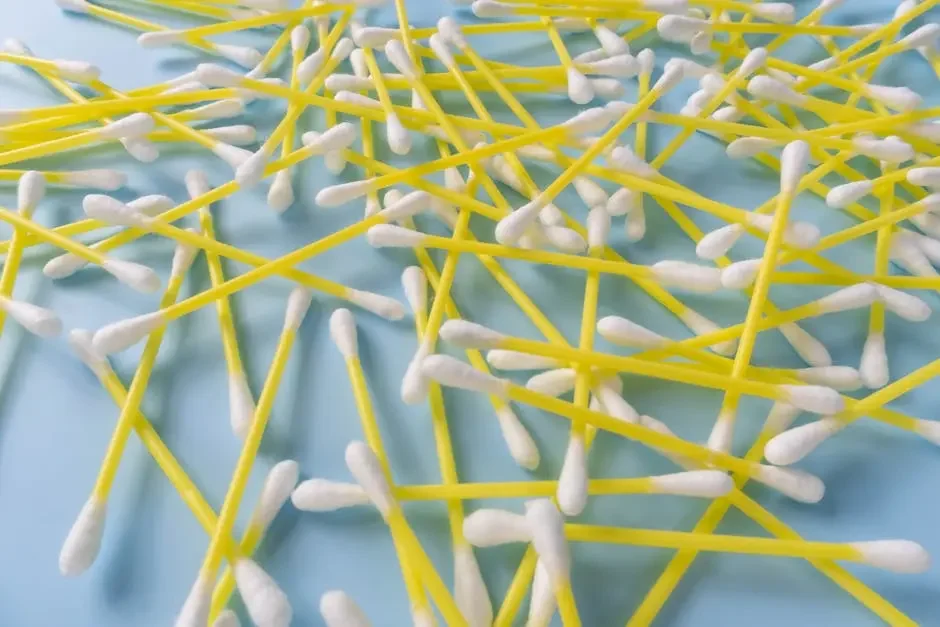Is an itchy butthole a sign of poor hygiene?
Dealing with an itchy bottom can be uncomfortable and embarrassing. It's a condition that prompts many questions, especially about its link to hygiene. With a little guidance, understanding the causes and solutions for this common issue can help alleviate any worries.
Common Causes of Itchy Buttholes
Let's dive into some usual suspects. While poor hygiene can be one reason, other factors like skin conditions, allergies, or diet often play a role in this itchy dilemma.
Skin can react in various ways to both external irritants and internal body conditions. Oftentimes, an itchy sensation in your buttock area may stem from skin conditions such as dermatitis. Dermatitis can cause persistent itchiness due to inflammation and irritation, which might be exacerbated by heat and moisture.
Diet plays a more significant role than many realize. Spicy foods, for instance, can irritate your digestive system and eventually lead to irritation upon expulsion. Moreover, caffeine and alcohol can increase the acidity in stools, contributing to an uncomfortable, itchy sensation.
Allergies and sensitivities to laundry detergents, soaps, and even certain fabrics can also be triggers. It's crucial to be aware of the products you use to avoid adverse reactions.
Is Poor Hygiene to Blame?
An itch might be linked to hygiene, but that's not always the case. Maintaining a clean area is crucial, yet over-cleaning can also lead to skin irritation.
Hygiene is certainly important, but it's a fine balance. Overzealous cleaning with harsh soaps can strip the skin of its natural oils, leaving it dry and more prone to irritation. Likewise, neglecting regular cleansing after bowel movements can lead to a buildup of sweat and bacteria, contributing to the itchiness.
Many people find that using simplified routines with minimal products and ensuring thorough but gentle cleansing helps maintain skin health without irritation.
Exploring Other Possible Causes
Aside from hygiene, itches can result from dietary choices, skin disorders like eczema or psoriasis, or even infections such as pinworms or hemorrhoids.
Pinworms, for example, are a common reason for anal itching in children. These tiny parasites live in the intestine and cause significant itching around the anal area as the female worm lays eggs. Fortunately, these are treatable by medication following a doctor's assessment.
Hemorrhoids involve swollen veins in the lower rectum or anus, which can lead to discomfort and itching. They might be aggravated by bowel movement straining or sitting for extended periods.
Effective Hygiene Practices
Practical steps like using gentle, unscented toilet paper and ensuring proper post-bowel movement cleaning can prevent irritation from poor hygiene.
A bidet can be a wise addition to your routine, ensuring a cleanse that is both gentle and thorough. Bidets can help in minimizing skin irritation and offer a more hygienic solution than traditional methods.
Aim to wear breathable cotton underwear and opt for loose-fitting clothing to reduce irritation. Tight clothing can trap moisture and heat, worsening itchiness.
When to Seek Medical Help
Sometimes, professional advice is needed. If the itch persists or is accompanied by bleeding, consulting a healthcare provider is wise.
Certain symptoms, like intense pain, skin changes, or the presence of lumps, should prompt you to seek immediate medical evaluation. Conditions like infections or other medical issues must be ruled out.
Remember, seeking timely advice from a healthcare professional can prevent escalation of any underlying condition, making treatment simpler and more effective.
Find Relief and Peace of Mind
Understanding the reasons behind an itchy butthole can ease your concerns and point you toward effective resolutions. By following good hygiene practices, paying attention to your diet, and knowing when to seek medical advice, you can manage this issue effectively and maintain your comfort and health.

